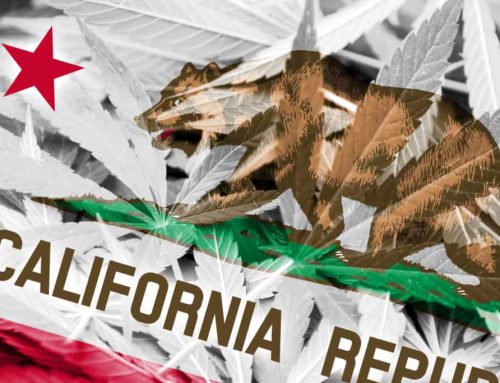Exploring Cannabis as a Potential Tool to Manage Opioid Cravings Amid a Drug Toxicity Crisis
LOS ANGELES–In a bid to address the escalating harm from the drug toxicity crisis, Canadian researchers from the University of British Columbia (UBC), found innovative strategies that harness the potential of cannabis to curb opioid cravings among individuals using unregulated opioids. This compelling study, published here in the National Library of Medicine, takes a closer look at the relationship between cannabis consumption for managing opioid cravings and reported changes in opioid use within a marginalized group of individuals.
The Landscape and Significance:
The ongoing drug toxicity crisis has unleashed a wave of challenges, particularly due to the infiltration of the illicit drug supply with potent synthetic opioids like fentanyl. In response to this crisis, unconventional approaches are being explored, and this study focuses on the potential of cannabis to mitigate harm.
As Canada and the United States grapples with this public health crisis, the concurrent evolution of cannabis regulations following its legalization for recreational use in 2018 creates an intriguing backdrop for understanding the impact of cannabis consumption on substance use trajectories. With overdose-related fatalities reaching alarming levels, the potential role of cannabis as a harm reduction tool holds significant relevance.
The Connection Between Cannabis and Opioid Use:
The research examines the link between cannabis use aimed at managing opioid cravings and self-reported changes in the consumption of unregulated opioids. To unravel this complex relationship, a cross-sectional questionnaire was administered to individuals who use both cannabis and opioids.

Image: Prescription bottle for Oxycodone tablets–are they helping pain or are they causing greater pain?
Findings and Implications:
The study analyzed data from 205 participants who reported concurrent cannabis and opioid use. Notably, 118 participants acknowledged using cannabis to manage opioid cravings, indicating a prevalent motivation. The analysis revealed a significant association between this specific cannabis use pattern and reported reductions in opioid consumption.
Further exploration through sub-analyses unearthed intriguing patterns. Individuals grappling with moderate to severe pain reported notable reductions in opioid use when utilizing cannabis to manage cravings. Additionally, among gender-stratified sub-analyses, females stood out with higher odds of experiencing reduced opioid use when employing cannabis for this purpose.
A Step Towards Harm Reduction:
The implications of this research are multifaceted. The findings underscore the potential for cannabis to serve as a supplementary strategy in the ongoing fight against unregulated opioids and the harm they bring. By offering an alternative avenue to manage cravings, cannabis could potentially contribute to mitigating exposure to dangerous opioids during the prevailing drug toxicity crisis.
While these findings are promising, they also add a layer of complexity to the discourse around cannabis and its potential impact. The study reinforces the need for nuanced understanding, highlighting the intricate interplay between cannabis use intentions, pain management, and opioid use behaviors.
As the intersection of cannabis policy reforms and the opioid crisis continues to unfold, studies like this provide valuable insights for policymakers, public health officials, and researchers striving to comprehend the intricate dynamics at play. In a landscape characterized by evolving regulations and shifting consumption patterns, exploring innovative harm reduction strategies like cannabis use holds the potential to reshape the trajectory of this pressing public health concern.




































